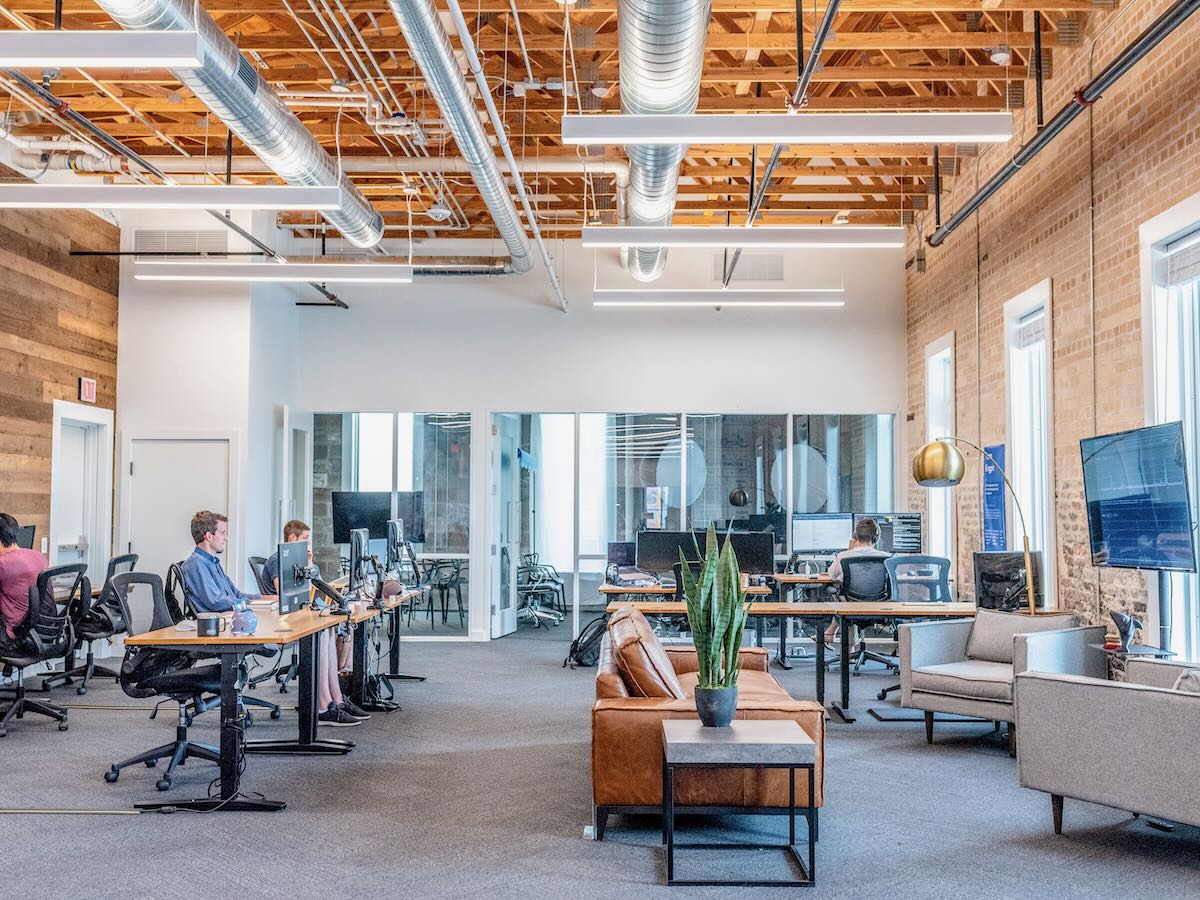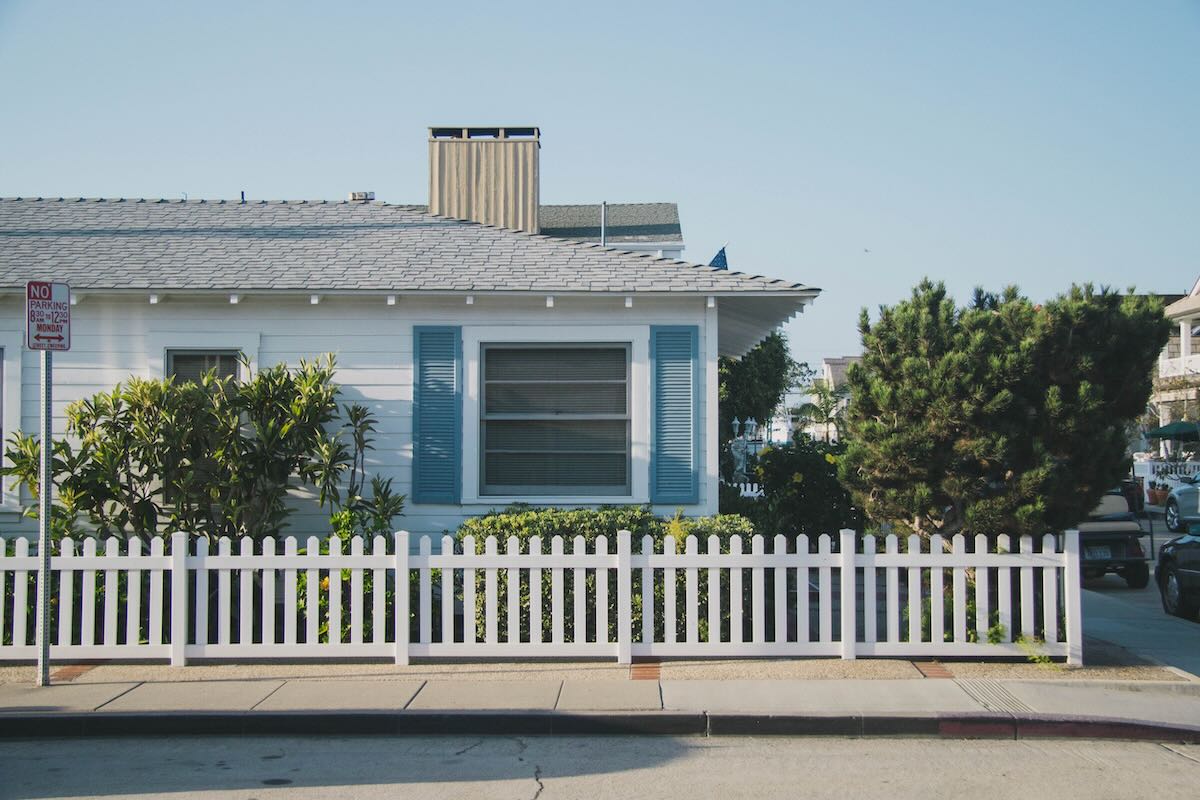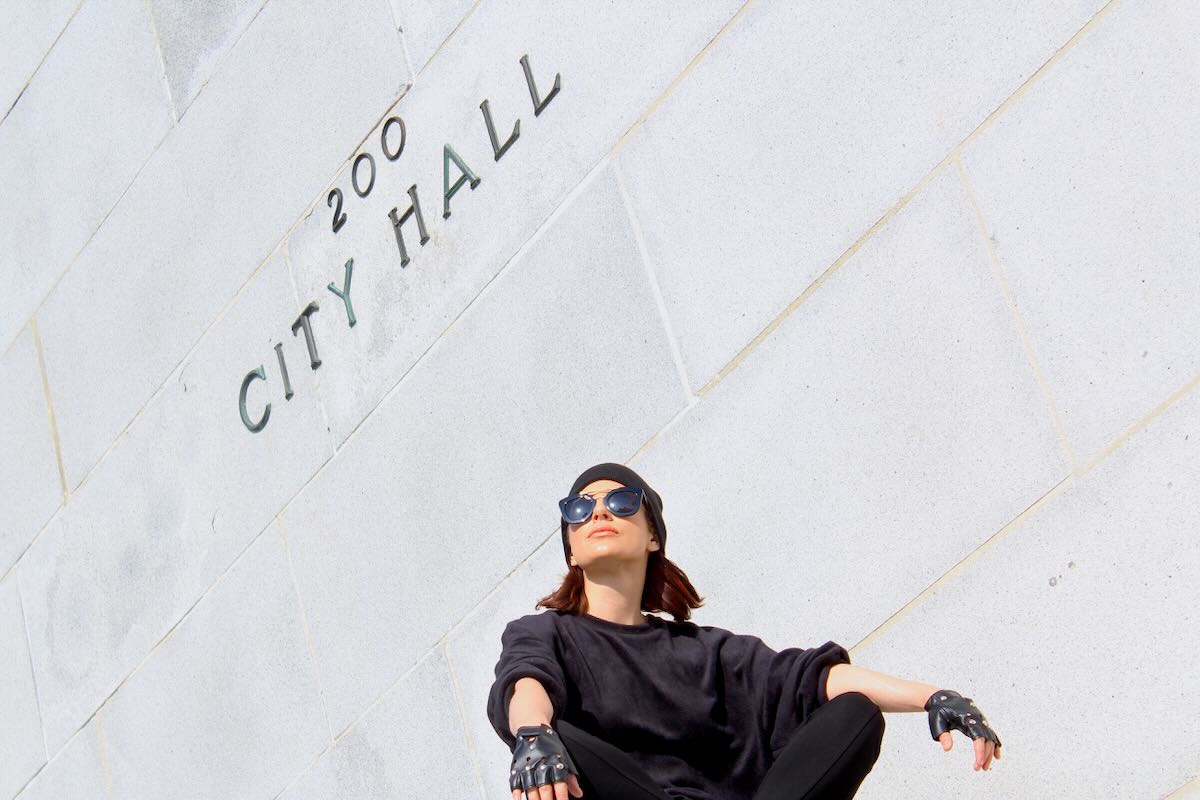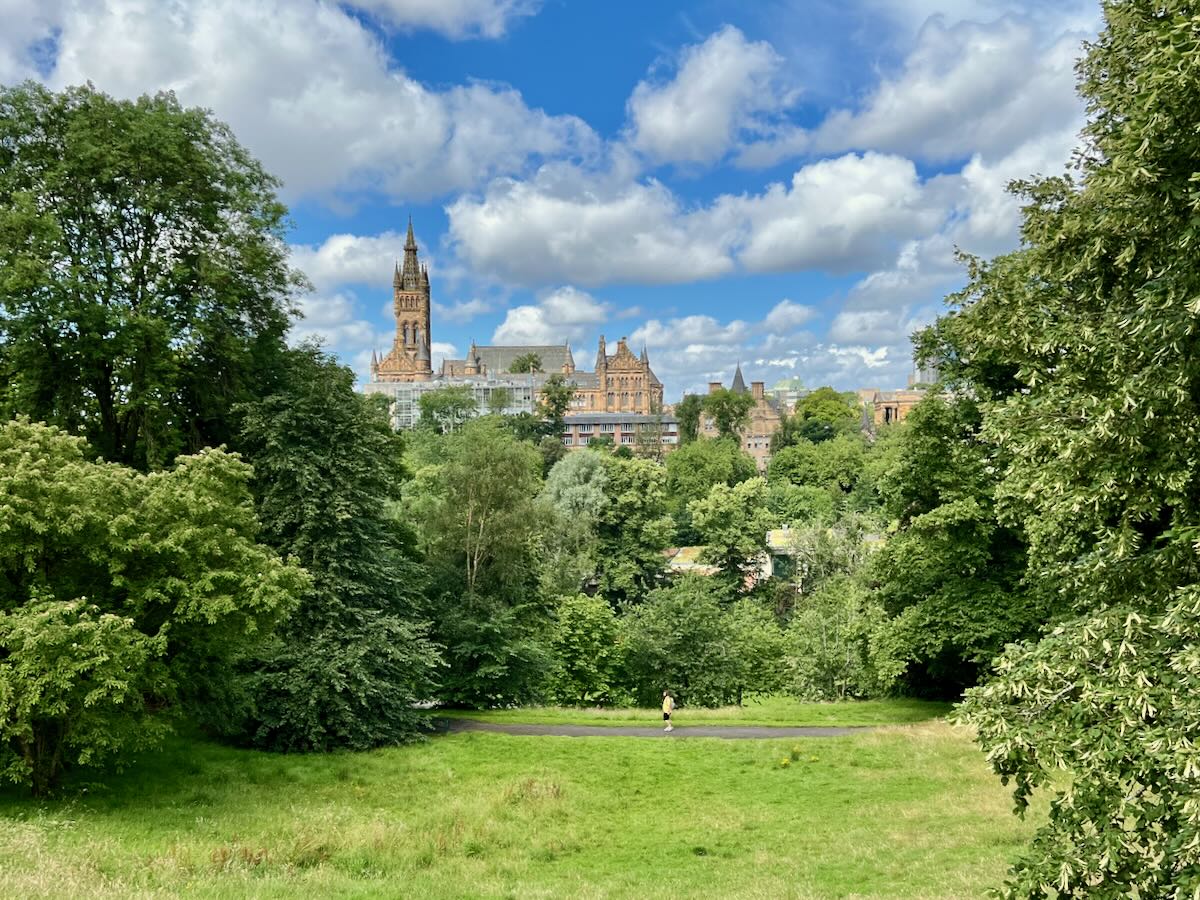What Have I Been Reading? June 19, 2021
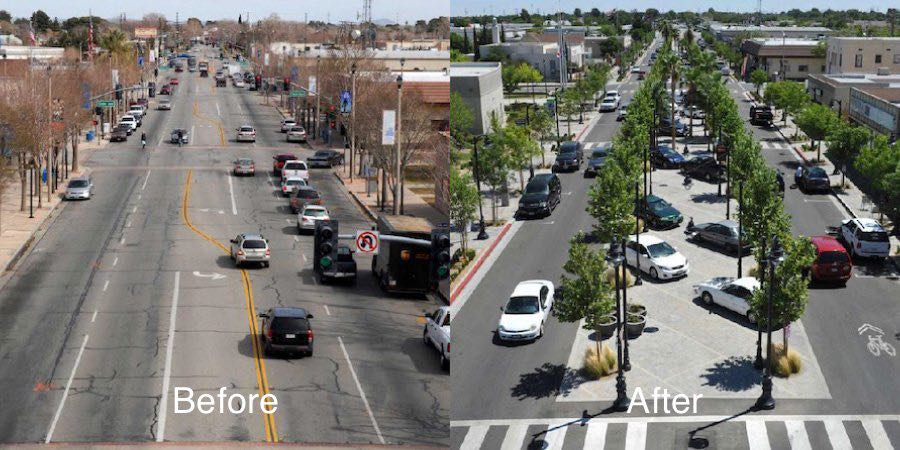
Quote of the Week
“A walkable community has to have useful things for people to walk to.”
― Philip Langdon, Within Walking Distance: Creating Livable Communities for All
Jacob Gotta, Propodo.com- June 13, 2021
THE GROWING POLITICAL PUSHBACK AGAINST FREEWAYS
If you haven’t clued in by now, you haven’t been reading everything I write. I have a car that I quite like but I wish that I didn’t need it. My leafy suburb is car centric. Yes, it has a good bicycle network. But it is difficult to shop get services, and travel into the city centre without a car. I can’t wait for the REM to be finished. I think that the Montreal agglomeration should aim to make the city 33% less car friendly by 2030. Of course, there needs to be compensating investment in public transit. Excerpts:
Freeways – Urban Pollution Factories
Now, there is a growing movement of questioning the logic of these urban pollution factories (freeways) that pump toxic fumes into low-income and minority communities while reinforcing the car-centric mentality that has trapped much of the nation in a cycle of sprawl. Cities and communities nationwide are starting to reorient around pedestrians and public transit instead of cars.
One of these is the town of Lancaster, California located outside of Los Angeles next to Palmdale. The city council converted a central arterial in their downtown into a pedestrian-friendly plaza. The project cost $11.5 million, a non-trivial sum for a town with a population of under 60,000. But studies have shown that this project generated more than $273 million in economic output and created 800 new jobs, all while significantly decreasing vehicle collisions in the area. ……
……Cities all over the world have been grappling with the repercussions of postwar segregationist development for decades, from Madrid to Montreal, Paris to Seoul. What we’re finding as we reclaim the city from cars is that pedestrians, bicycles, and trains aren’t just more efficient, less noisy, and less dangerous—they make city life better. Walkable cities may also be better for local economies. When cities build people-friendly spaces, the people (aka shoppers) show up.
The Monocle Minute – June 18, 2021
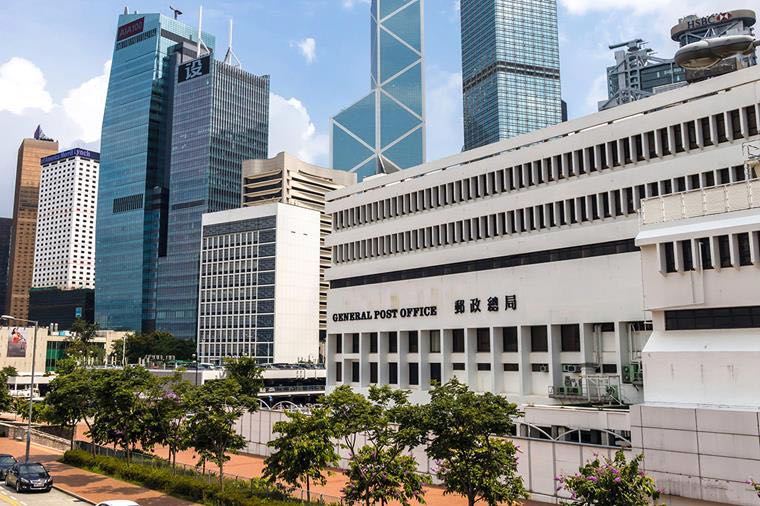
URBANISM – HONG KONG
Razing Agents
And we think that real estate is expensive in Canada. This site in Hong Kong is expected to fetch between C$6.25 billion and C$9.57 billion. The short article:
The Hong Kong General Post Office (pictured), a historic building completed in 1976 on Hong Kong’s waterfront, is set to be demolished as part of a harbourfront commercial redevelopment. The sale of the site is expected to reach between HK$40bn (€4.25bn) and HK$60bn (€6.5bn). And while that could make it the most expensive sale in the city’s history, many architects and heritage advocates have called on the city government to preserve and repurpose the building instead.
“The government simply doesn’t recognise the architectural and historical value of the General Post Office, and sees it as an obstruction to the development of the site,” Hong Kong architect and historian Charles Lai tells The Monocle Minute. “It is disappointing to see such a cultural and historical site replaced by generic commercial developments – and it’s definitely a huge missed opportunity for adaptive reuse.” We’d encourage the government to listen to Hong Kong’s architectural community: a hasty demolition represents a permanent cultural loss.
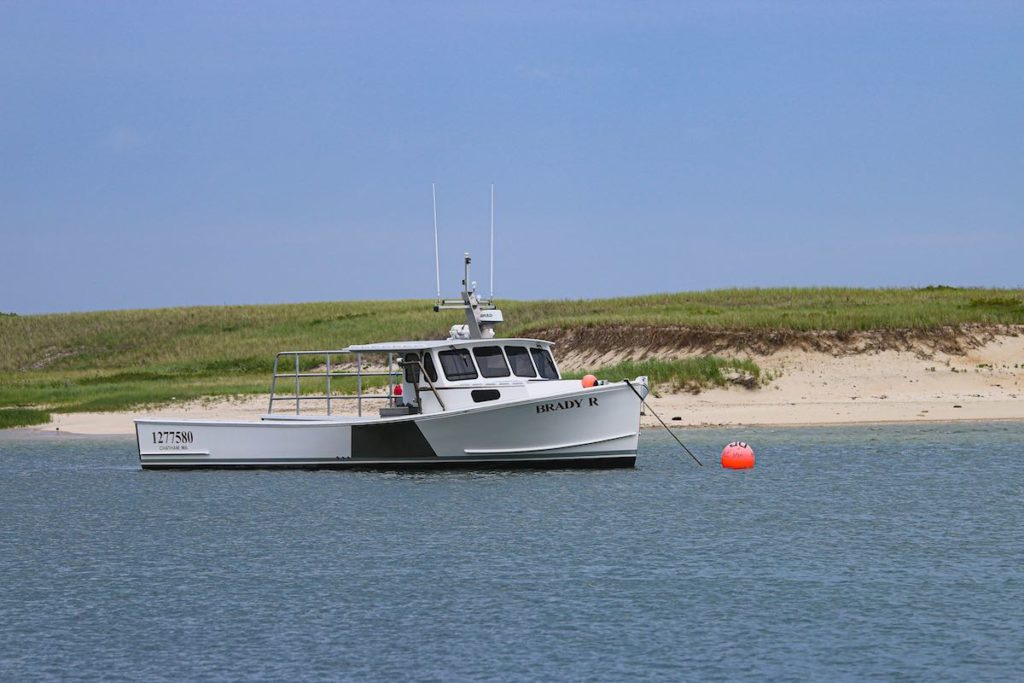
Michael Easter, Men’s Health June 4, 2021
THE “20-5-3” RULE PRESCRIBES HOW MUCH TIME TO SPEND OUTSIDE
Use This Three-Number Formula to Make Yourself Happier and Stronger
I find it difficult to believe that Americans spend over 90% of their time indoors. Can the rest of the Western world claim to spend less time cooped up. I don’t think so. Spend 20 minutes in a neighbourhood park, at least three times a week. Each month, take 5 hours to spend in s semi-wild area. Go off-grid 3 days each year. Excerpts:
That moment when those caribou shook the earth also shook my soul. It was transcendent, wild as a religious experience. And it’s not even the most intense thing I did in Alaska. I experienced savage weather, crossed raging rivers, and faced a half-ton grizzly. My brain was feeling less hunkered down in its typical foxhole—a state I’d compare to that of a roadrunner on meth, dementedly zooming from one thing to the next. My mind felt more like it belonged to a monk after a month at a meditation retreat. I just felt . . . better. The biologist E. O. Wilson put what I was feeling this way: “Nature holds the key to our aesthetic, intellectual, cognitive, and even spiritual satisfaction.”
Hopman led a new study that concluded that something as painless as a 20-minute stroll through a city botanical garden can boost cognition and memory as well as improve feelings of well-being. “But,” she said, “we found that people who used their cell phone on the walk saw none of those benefits.”
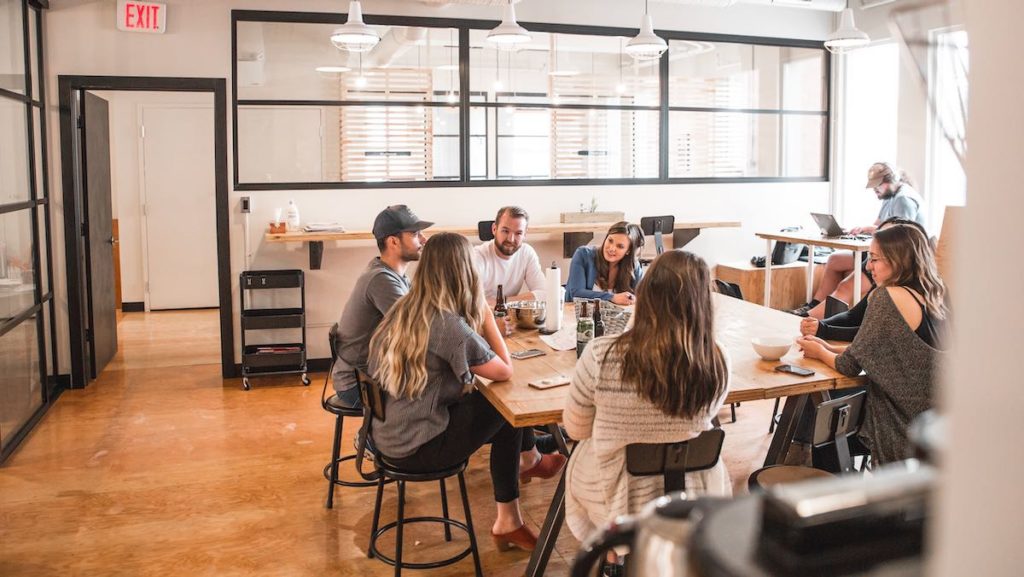
Bartleby, The Economist – June 19, 2021
HOW TO PICK THE BEST DAYS TO WORK FROM HOME
Timing is Everything
A very topical subject written wryly. Will you encourage hybrid work schedules? Flex time or work-from-home days? I was going to include an article about five-hour work days just to confuse the conversation a little further. Studies seem to show that all the work gets done in concentrated, no-breaks five-hour workdays. However, all creativity and originality that comes from in-office socializing is lost. My conclusion – people only do measurable work five hours each day but that the extra time spent with co-workers is valuable. Excerpts:
Hybrid working may be the future but that raises the question of how it will actually be organised. Will companies let their employees choose which days they come in to the office, and which days they are at home? And what about working hours? If employees do get a choice, they clearly need a strategy to maximise their visibility and minimise the stress. So this columnist has a few tips about which days you should opt to work from home.

